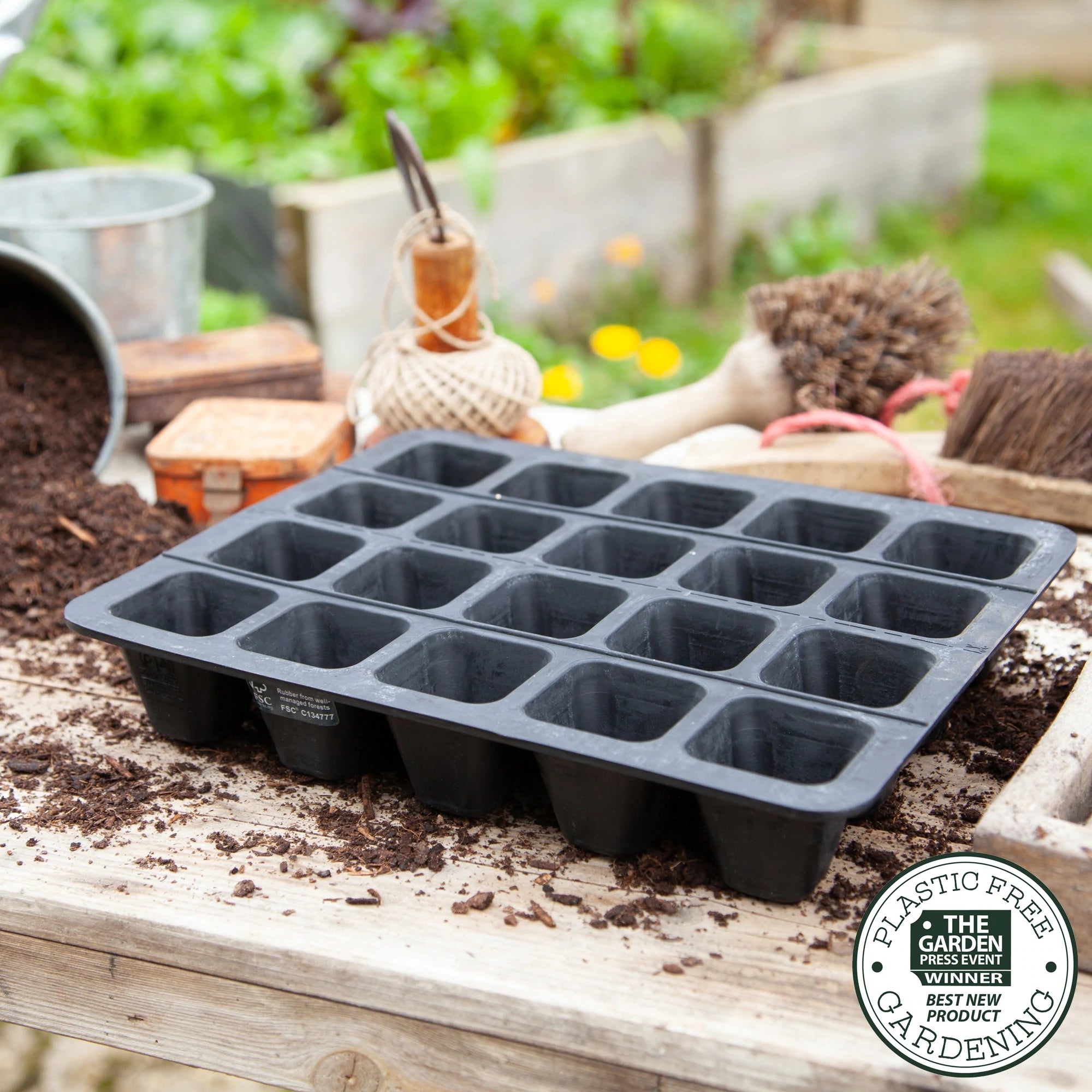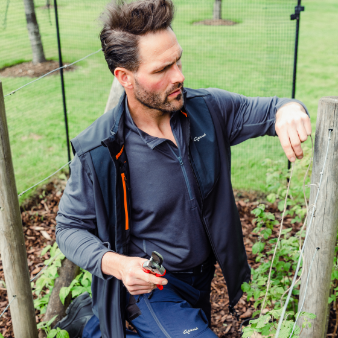Technology in the garden - eco-friendly seed trays

Seed sowing season is here in earnest – which means you’ll need something to germinate them in. Hundreds of millions of the plastic seed trays sold every year are sent to landfill and take hundreds of years to decompose, polluting the soil, water and air. Gradually, though, manufacturers are coming up with plastic-free alternatives.
Using cardboard, such as empty loo rolls is a DIY alternative for larger seeds that can be grown individually – even egg boxes can work for seeds that germinate quickly. However, for something a bit more substantial, look out for biodegradable plastic-free seed trays made from materials such as coir that can be planted straight into the soil, where they break down, allowing the plant roots to grow through them into the soil.
For something more long lasting, seed trays made with sustainable bamboo and rice last for several years and can also be shredded and put on the compost heap when needs be. Natural rubber seed trays are another good alternative to plastic trays if you want a long-lasting option that you can use for at least 10 years – they are also flexible which makes removing the seedlings easier.
Wildlife World’s Plastic Free Gardening products have produced seed trays winning the Best New Product Award at the Garden Press Event. They are made from 100 per cent natural FSC rubber from trees, (more eco-friendly than synthetic rubber made from crude oil) that’s sourced from suppliers whose plantations are certified not to replace natural forests. Wildlife World is proud that the rubber is fairly sourced, so you can rest assured the workers involved are looked after and compensated fairly for their work.
Whichever product you go for, sowing seeds without plastic is a great step towards avoiding single use plastics from gardening.







